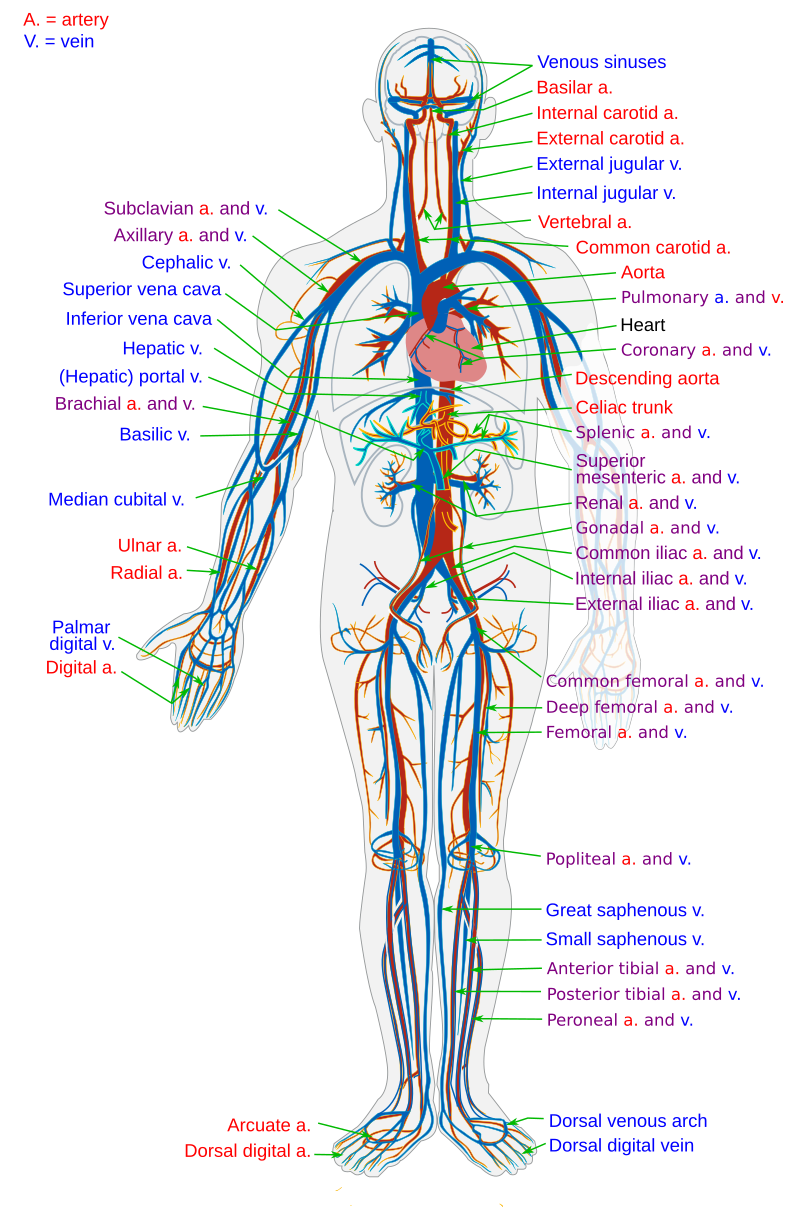Impact of Depression on Cardiovascular Outcomes in SCAD Patients

Recent findings presented by Dr. Abena Korwaa Agyekum at the 9th Annual Heart in Diabetes Conference in Philadelphia highlight a concerning link between comorbid depression and adverse cardiovascular outcomes in patients diagnosed with spontaneous coronary artery dissection (SCAD). This condition, predominantly affecting young women, occurs when a tear develops in the artery wall, often leading to severe complications such as heart attacks, despite the absence of traditional heart disease risk factors.
In a comprehensive study utilizing data from the TriNetX Research Network, researchers performed a retrospective cohort analysis that compared two groups of SCAD patients, each comprising 3,247 individuals—one group with comorbid depression and the other without. The study spanned five years and assessed various cardiovascular outcomes, including heart failure, cerebrovascular disease, acute kidney injury, and atrial fibrillation.
The results indicated that patients suffering from depression faced significantly higher rates of several adverse health outcomes. Specifically, the study reported that 16.8% of patients with depression experienced heart failure compared to 12.2% of those without, yielding a risk ratio of 1.376 (95% CI, 1.191-1.591; P < .001). Likewise, the incidence of cerebrovascular disease was 12.8% in the depressed group versus 9.9% in the non-depressed cohort (RR, 1.287; P = .001). Furthermore, acute kidney injury rates were recorded at 9.8% in patients with depression compared to 5.5% in those without (RR, 1.768; P < .001), and atrial fibrillation was noted in 7.0% versus 5.4%, respectively (RR, 1.288; P = .017).
The study's findings underscore the critical need for depression screening as part of routine care for SCAD patients. Dr. Agyekum emphasized the importance of a multidisciplinary approach that combines both cardiovascular and mental health care to enhance patient outcomes and facilitate early interventions for those grappling with depression.
Despite the strengths of this research, which include the use of large, propensity-matched cohorts and thorough outcome assessments, the authors acknowledged certain limitations inherent to their retrospective design. Potential confounding factors and variances in clinical practice were highlighted as concerns.
Looking to the future, the investigative team advocates for prospective studies aimed at exploring how treatments for depression could influence outcomes in SCAD patients. They also seek to delve deeper into the biological mechanisms that may link depression with SCAD complications, fostering a more integrated understanding of these intertwined health issues.
This study adds to the growing body of evidence that highlights the significance of mental health in managing chronic physical conditions. As SCAD continues to emerge as a leading cause of acute coronary syndrome among younger women, addressing both psychological and physical health may prove essential in improving overall patient outcomes.
Advertisement
Tags
Advertisement





